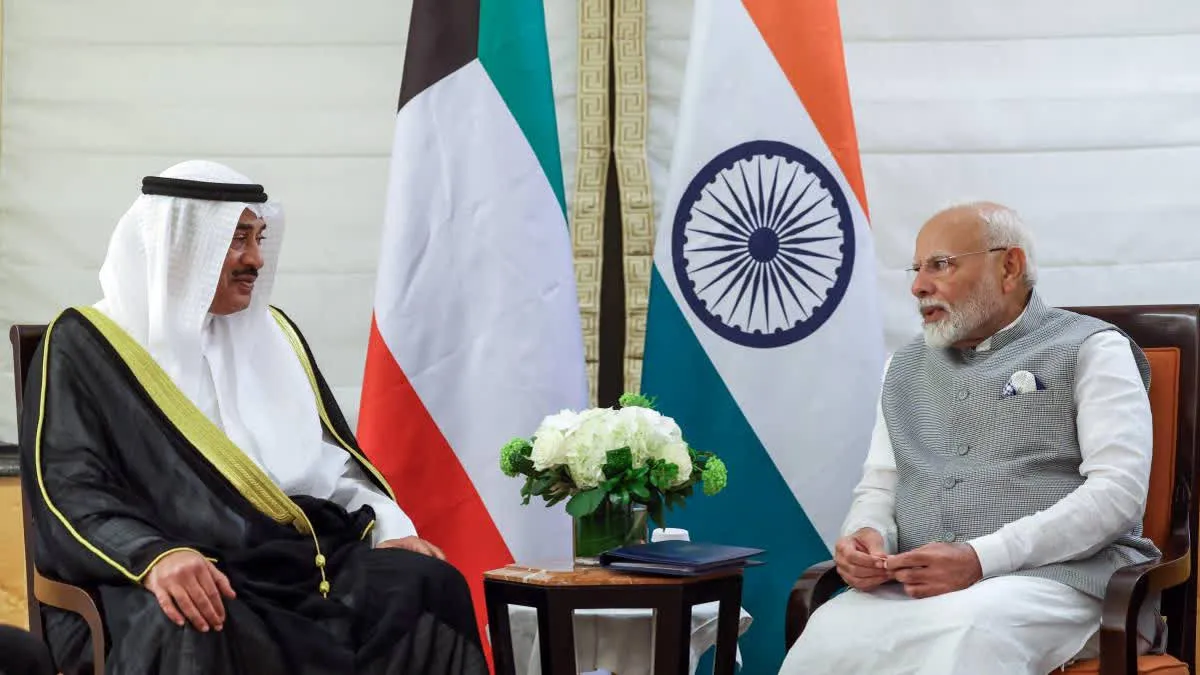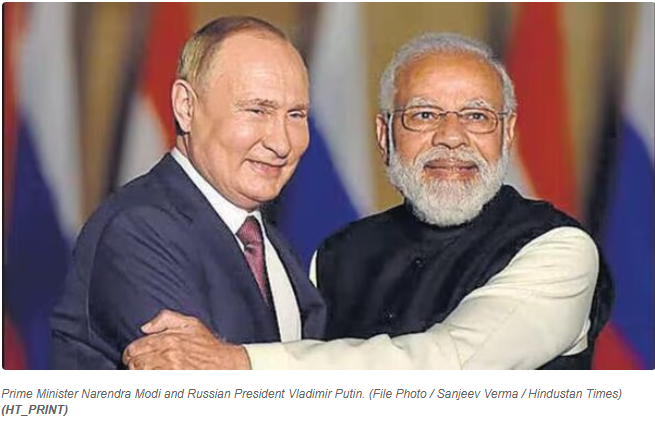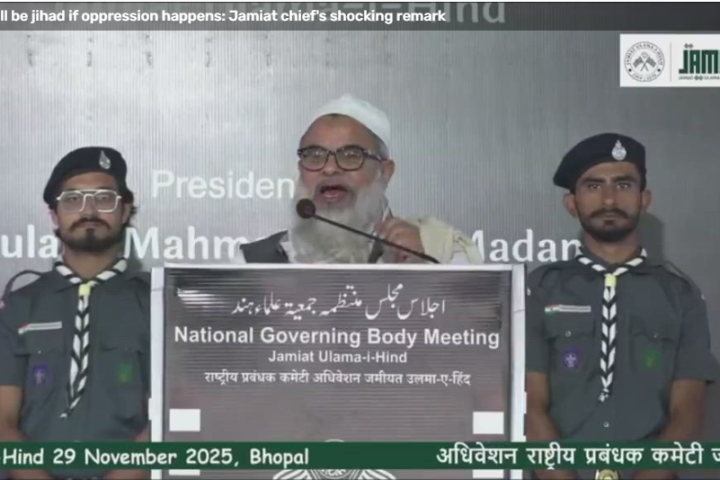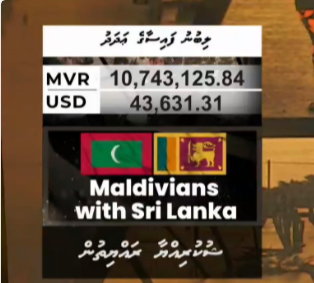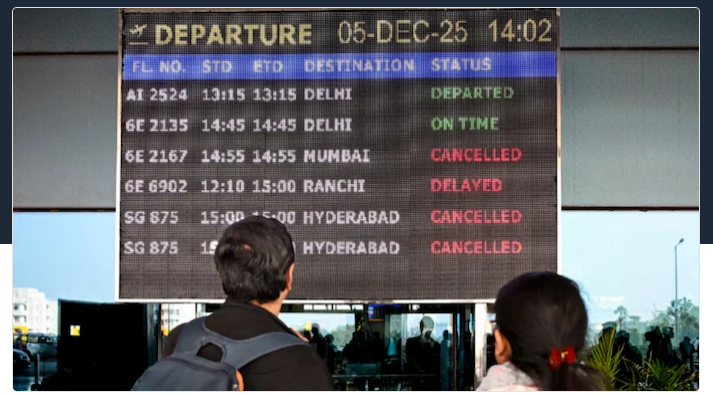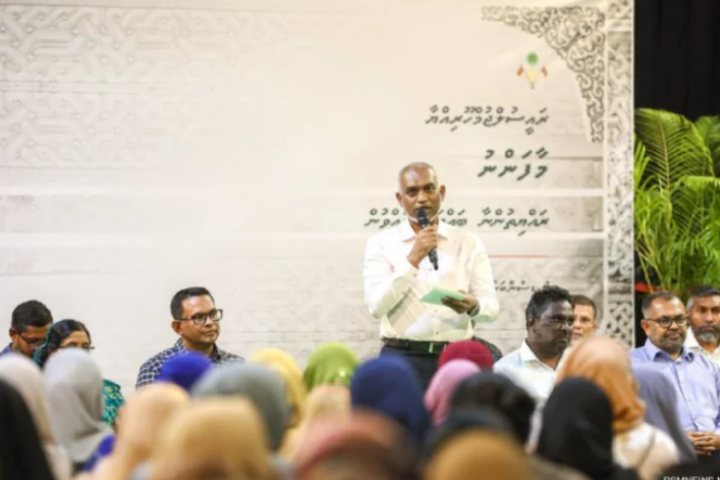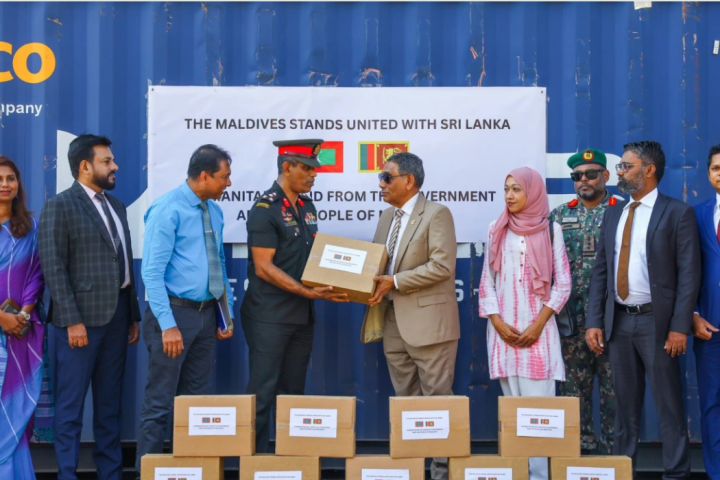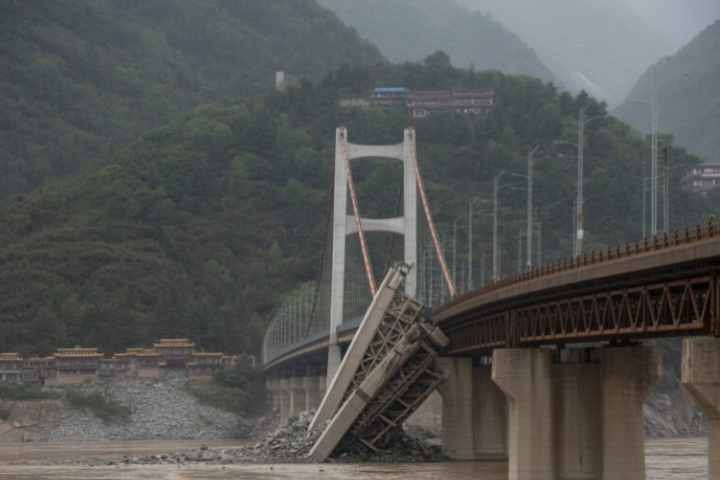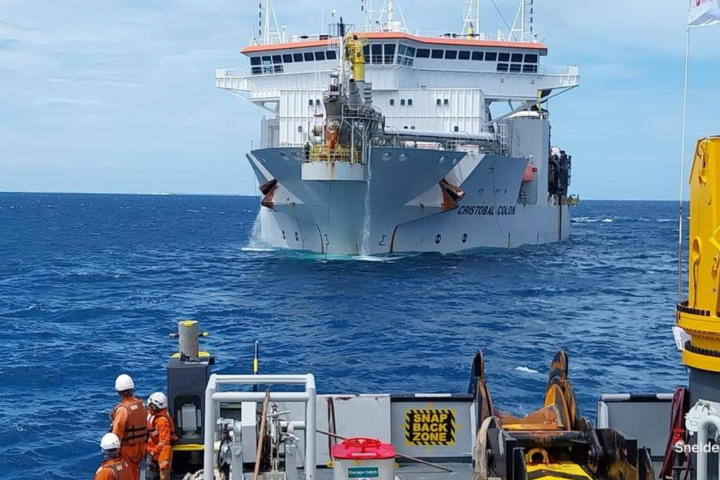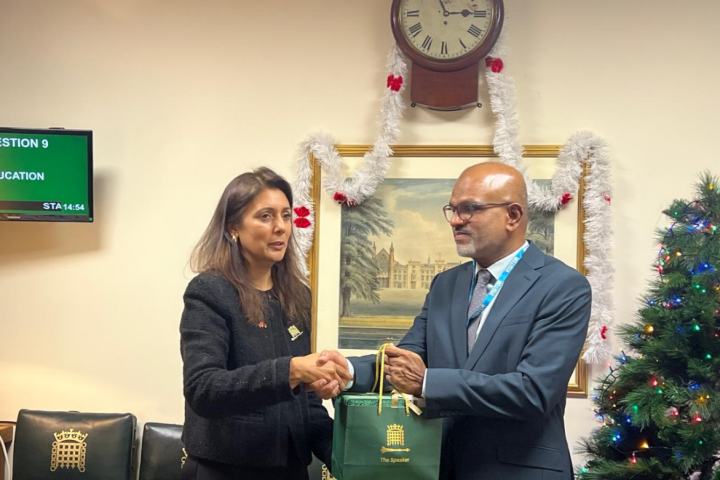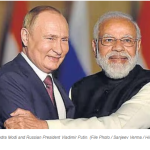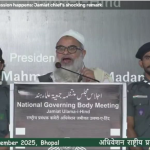Prime Minister Narendra Modi’s visit to Kuwait on marking the first visit by an Indian Prime Minister to the Gulf nation in over four decades. The milestone visit, from December 21-22, is expected to deepen cooperation in energy, trade, and labor sectors while strengthening India’s broader diplomatic outreach to the Gulf Cooperation Council (GCC) countries.
The last Indian prime minister to visit Kuwait was Indira Gandhi in 1981, a period when ties between the two nations were anchored in historic trade links and growing energy cooperation. In recent years, however, Kuwait has been one of the few GCC nations that Modi has yet to visit, despite his concerted efforts to engage the Gulf region since 2014.
The visit comes on the heels of Kuwaiti Foreign Minister Abdullah Ali Al Yahya’s trip to India earlier this month, where he and Indian External Affairs Minister S. Jaishankar signed an agreement to establish a Joint Commission for Cooperation (JCC). The JCC will oversee collaborations in key areas, including trade, investment, technology, education, security, agriculture, and cultural exchanges. Experts view this as a framework to address the full spectrum of India-Kuwait relations while creating mechanisms to foster new opportunities.
India and Kuwait share a longstanding economic partnership. Trade between the two nations touched $10.47 billion in the 2023-24 financial year, with Indian exports witnessing significant growth, particularly in machinery, chemicals, cereals, and automobiles.
On the energy front, Kuwait remains a vital supplier, meeting 3 percent of India’s total crude oil requirements.
Kuwait’s ties with India are equally defined by its large Indian diaspora, estimated to exceed one million. This makes Indians the largest expatriate community in Kuwait, contributing to sectors such as healthcare, construction, engineering, and retail.
Many Indian businesses and public sector companies, including Air India, L&T, and LIC, also operate in Kuwait through local partnerships. The welfare and employment prospects of Indian workers are expected to be high on the agenda during Mr. Modi’s discussions with Kuwaiti leadership.
Experts attribute the timing of this visit to evolving diplomatic and economic priorities. While Kuwait’s economic transformation has lagged behind some of its GCC counterparts, analysts believe its younger leadership presents opportunities for deeper engagement with India.
Mr. Muddassir Quamar, a West Asia expert at Jawaharlal Nehru University, notes that Kuwait’s economic strength, including its robust sovereign wealth fund, offers untapped potential for investment and trade collaboration.
India’s diplomatic engagement with the GCC—which includes Saudi Arabia, the UAE, Qatar, Oman, Bahrain, and Kuwait—has been a hallmark of Mr. Modi’s foreign policy. Over the last decade, India has forged deeper strategic and economic partnerships across the Gulf, with a focus on energy security, trade, and workforce ties. Mr. Modi’s visit to Kuwait not only completes his outreach to all GCC nations but also reflects India’s recognition of Kuwait’s role as a historic trading partner and a reliable energy supplier.
During the visit, Mr. Modi is also expected to meet with members of the Indian community, further reinforcing the cultural and people-to-people ties that have been a cornerstone of India-Kuwait relations for decades.
With the Gulf region being a vital partner in India’s economic and strategic calculus, the visit marks a significant opportunity to reinvigorate relations with Kuwait and explore pathways for stronger cooperation in a rapidly evolving geopolitical landscape.
